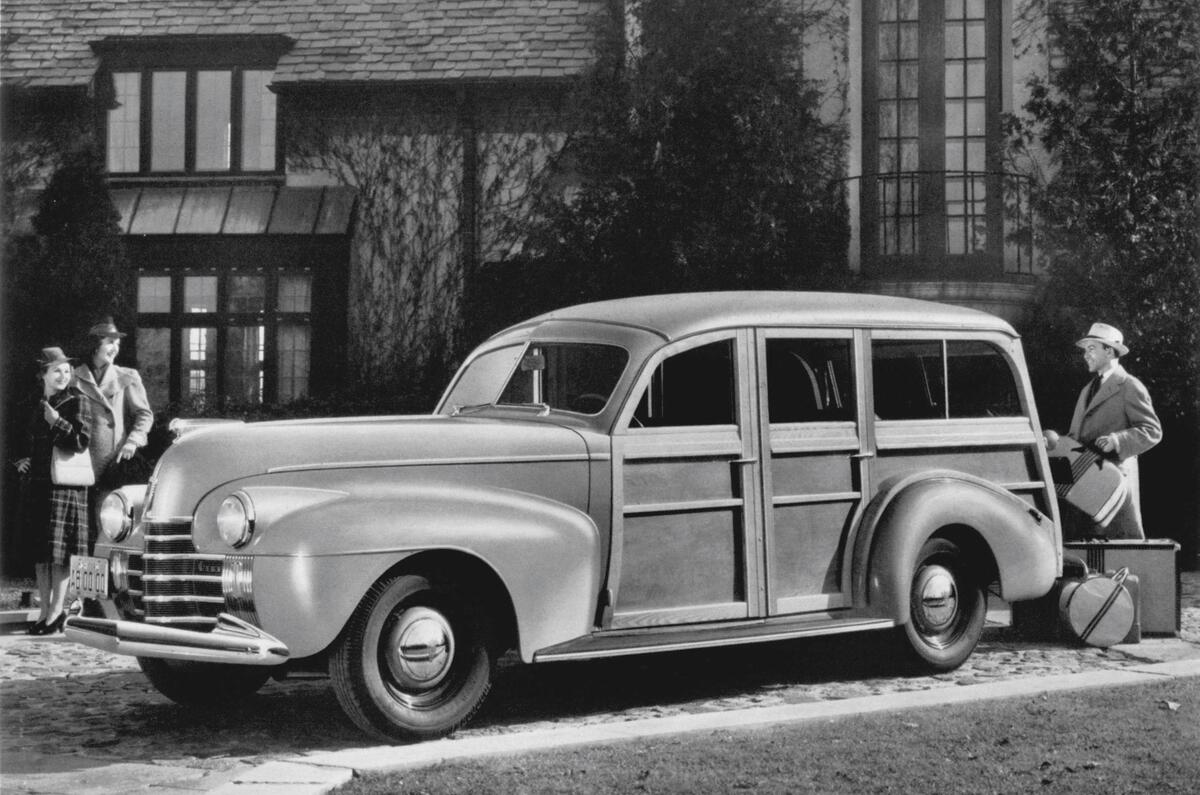While idling through a routine piece in The Times about US authorities urging car makers to get on and build connected cars – for safety's sake – I came across a charmingly jingoistic quote from one Anthony Foxx, the US transportation secretary.
It's the sort of casual nonsense we hear from our own politicians, but because it was in a sense directed against 'us', I suddenly saw how unhelpful it was.
You don't need to hear everything Foxx said, just the last bit: "This technology will play a key role in improving the way people get where they need to go, while ensuring that the US remains the leader in the global automotive industry." It was that last few words that caused me to choke on my Weetabix.
The US auto industry has not been "the leader in the global automotive industry" since the great works of Alfred P Sloan (GM) and Henry Ford lost currency before the war. While car ownership in the developed world was building up, it was only to be expected that the world's biggest market should have been able to do most things first, best and in biggest volume.
But even back then, the most accomplished manufacturers of Britain, France, Italy and Germany built cars of equal capability, engineering sophistication and style. And more enduring brand appeal. Having a vast market soon came to look like the enemy of excellence and to an extent it remains so.
Let's look at the situation now. Where are the US equivalents of the Audis, BMWs, Mercs, Lexuses, Infinitis and Jaguars that attract so many of the more discerning US car buyers? The efforts of Lincoln and Cadillac are feeble by comparison. Where are the big exporters of mainstream 'world' models to match the Hyundai group and Toyota, among others? Chevrolet has just notched a notable failure on our own doorstep.
Funnily enough, there has been a recent marked improvement in the quality, desirability and global suitability of American cars, brought mostly by the recession's stark threat to the vast North American home market. Better cars were bred from the manufacturers' need to fight.
Formerly complacent sales chiefs, alarmed by 50 per cent cuts in volume, couldn't help noting that Hyundai and BMW barely paused in their volume growth, gobbling up market share the domestics had controlled for generations. Led by the likes of Ford's Alan Mulally, they drew on foreign talent and best practice in foreign markets to start making better cars – and are succeeding modestly well.
But America must do much better to have the slightest hope of being "the leader in the global automotive industry." For now, it continues as the Number Two cash-cow (behind China) for the rest of the world's premium manufacturers. And casual overpraise by an under-briefed politician is not the medicine it needs.








Join the debate
Add your comment
It used to be true...
ha ha h... pause
Dodge Ramcharger....... The